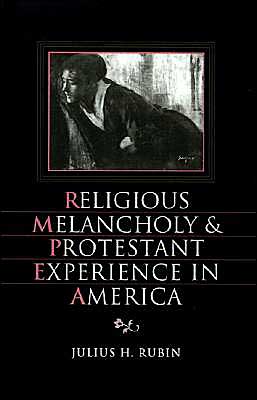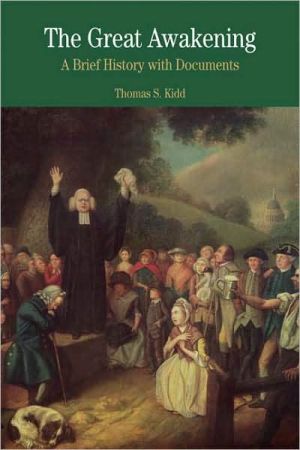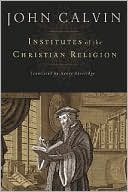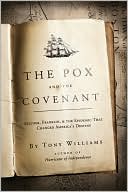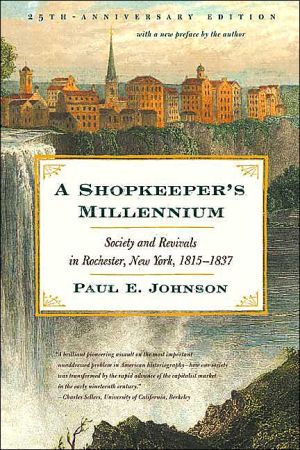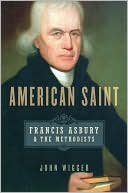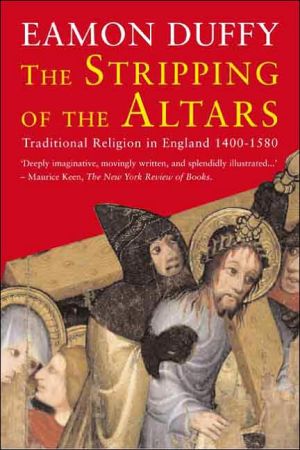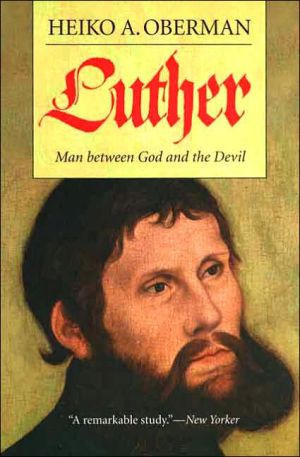Religious Melancholy and Protestant Experience in America
This thought-provoking study examines an apparent paradox in the history of American Protestant evangelical religion. Fervent believers who devoted themselves completely to the challenges of making a Christian life, who longed to know God's rapturous love, all too often languished in despair, feeling forsaken by God. Indeed, some individuals became obsessed by guilt, terror of damnation, and the idea that they had committed an unpardonable sin. Ironically, those most devoted to fostering the...
Search in google:
This original examination of the spiritual narratives of conversion in the history of American Protestant evangelical religion reveals an interesting paradox. Fervent believers who devoted themselves completely to the challenges of making a Christian life, who longed to know God's rapturous love, all too often languished in despair, feeling forsaken by God. Ironically, those most devoted to fostering the soul's maturation neglected the well-being of the psyche. Drawing upon many sources, including unpublished diaries and case studies of patients treated in nineteenth-century asylums, Julius Rubin's fascinating study thoroughly explores religious melancholy—as a distinctive stance toward life, a grieving over the loss of God's love, and an obsession and psychopathology associated with the spiritual itinerary of conversion. The varieties of this spiritual sickness include sinners who would fast unto death ("evangelical anorexia nervosa"), religious suicides, and those obsessed with unpardonable sin. From colonial Puritans like Michael Wigglesworth to contemporary evangelicals like Billy Graham, among those who directed the course of evangelical religion and of their followers, Rubin shows that religious melancholy has shaped the experience of self and identity for those who sought rebirth as children of God.
1The Protestant Ethic and the Melancholy Spirit3Melancholia's Heirs: Max Weber and William James12Martin Luther's Anfechitung21John Calvin's Anxiety and Solicitude25The Pattern Established - Evangelical Pietism292Evangelical Pietism in America42The New England Way42Cotton Mather51Evangelical Nurture59Tears of Repentance66The Pattern Completed - Religious Awakenings and Revivals69The Evangelical Grieving of Mary Fish783Evangelical Anorexia Nervosa82Hannah Allen's Travail87The Near-Death Experience of William Tennent, Jr.90David Brainerd's Devotional Piety94Samuel Hopkins and the New Divinity Movement103Susanna Anthony110The Exemplary Piety of Sarah Osborn114Mary Moody Emerson118Conclusion1234What Hath God Wrought? Religious Melancholy in the Second Great Awakening125The Evangelical Morphology of Conversion125The Suicide of Benjamin Noyes1335Sinners Who Would Fast unto Death156Religion and Insanity158Sinners Who Would Fast unto Death164Unpardonable Sin and Religious Melancholy169Melancholia Attonita176Starving Perfectionists188Conclusion1926The Passing Away of Religious Melancholy?197The Billy Graham Crusades: Fundamentalism as a Popular Devotional Religious Movement207The Melancholy Apologetics of Edward J. Carnell214Religious Melancholy and Contemporary Christian Biography221The Future of Religious Melancholy237Appendix A: Pastoral Care241Appendix B: Revivalists As Mediatorial Elites245Notes249Bibliography279Index299
